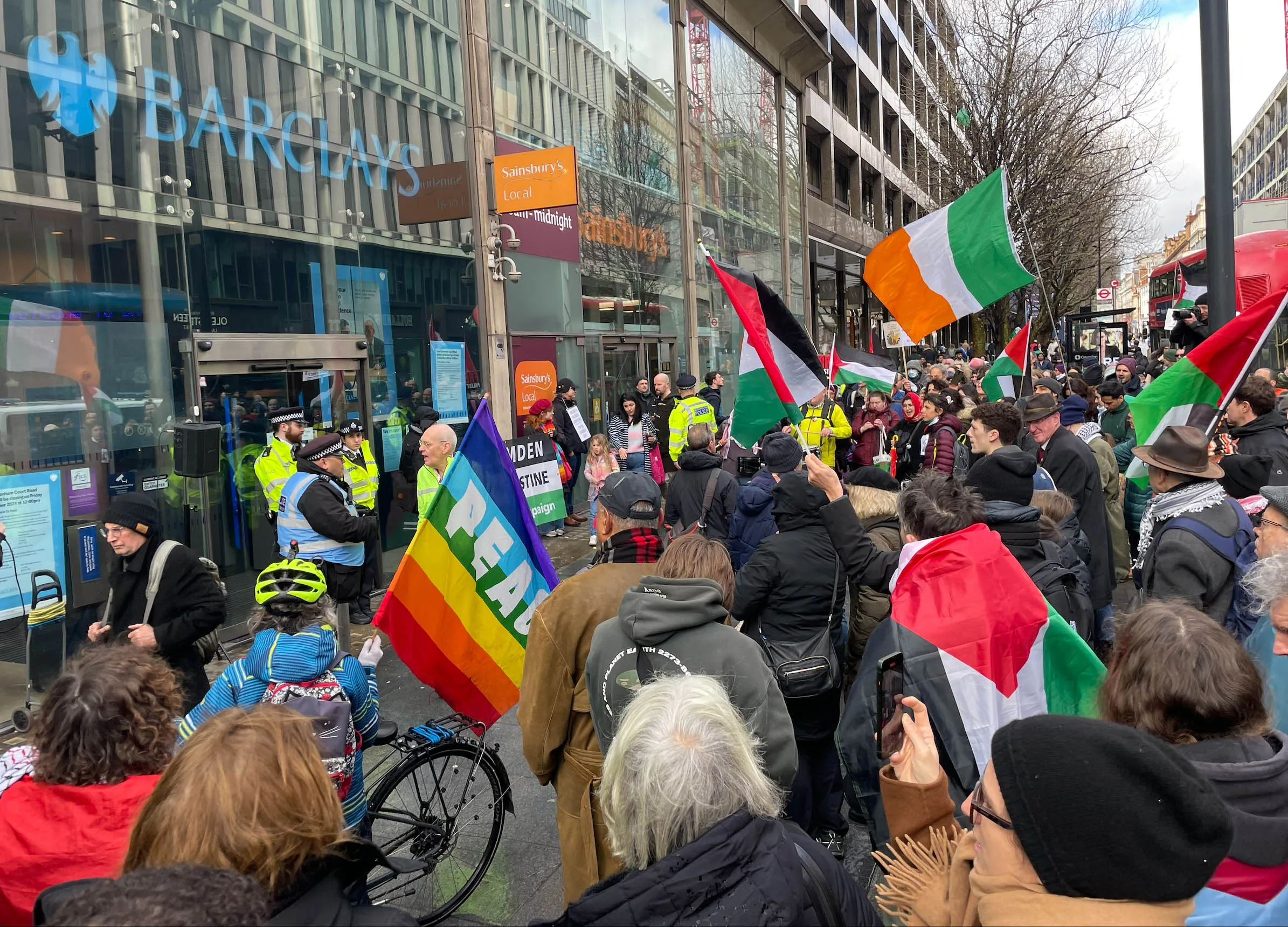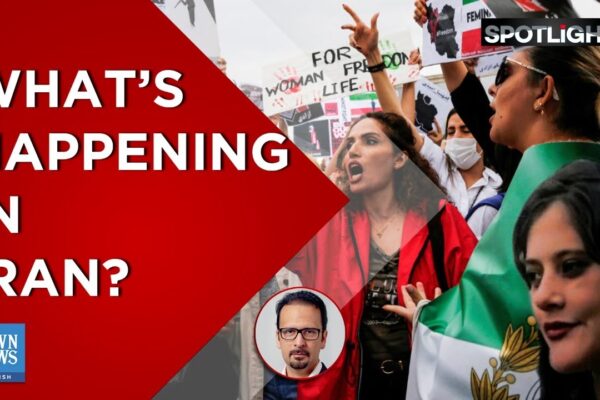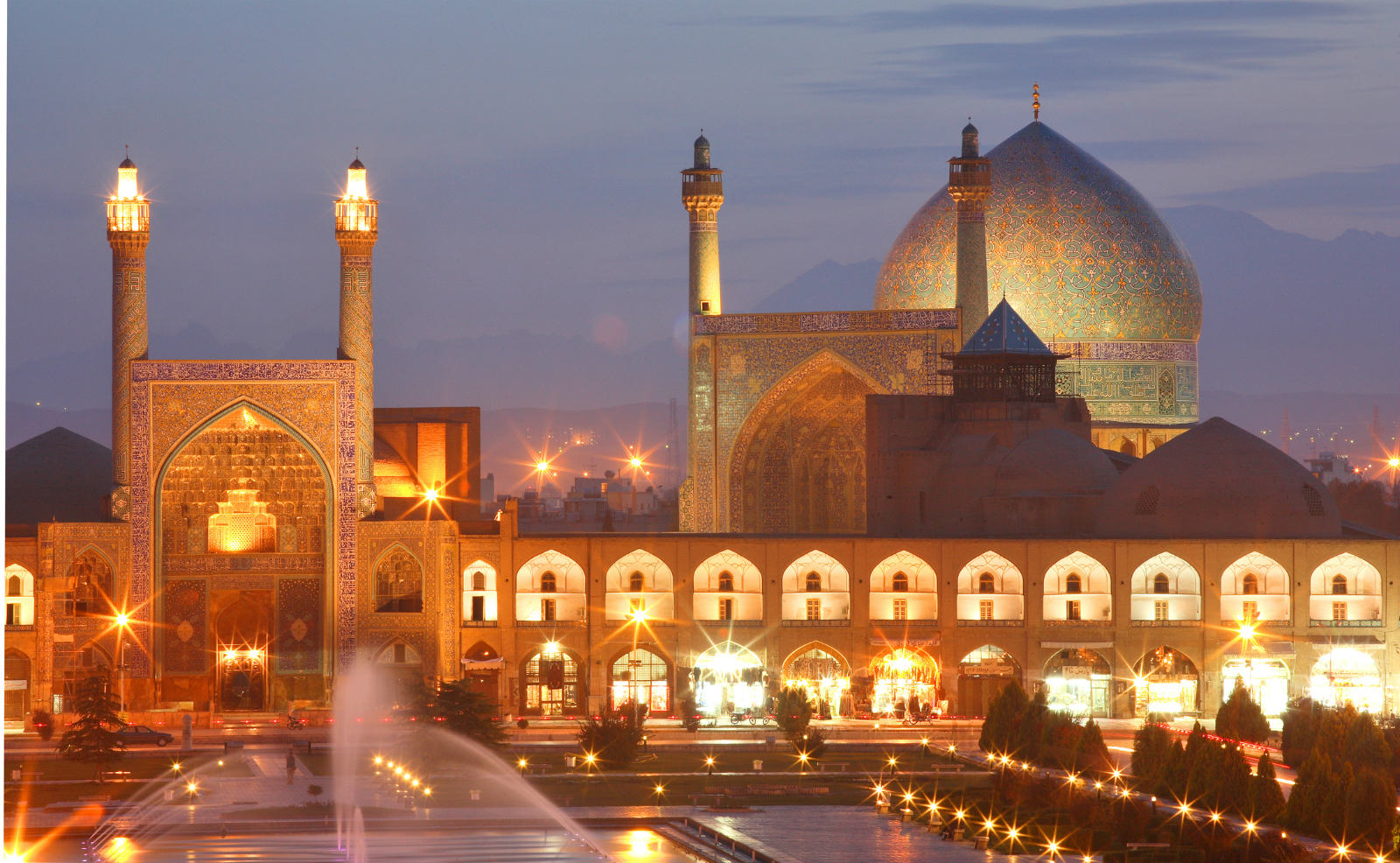
Introduction
The London Palestine protests have become a significant focal point for activism and solidarity with Palestinian people, particularly in the wake of renewed violence and conflict in the region. These protests not only reflect growing public concern over human rights violations but also represent a larger call for political change and justice. With thousands taking to the streets, the importance of these gatherings cannot be overstated.
Background and Recent Events
In recent weeks, the situation in Gaza has escalated markedly, with increased military actions and a humanitarian crisis leading to widespread condemnation from international observers. In response, London has witnessed a surge in protests, drawing attention to the plight of Palestinians and demanding governmental action. On October 7, 2023, an estimated 20,000 demonstrators gathered in central London, calling for an immediate ceasefire, an end to military aid to Israel, and the recognition of Palestinian statehood.
The protests have been organised by a coalition of groups, including the Palestinian Youth Movement, Stop the War Coalition, and various trade unions, all contributing to a unified demand for justice. The scale and impact of these protests indicate a significant shift in public sentiment and political discourse regarding the Israel-Palestine conflict.
Community Response
Local responses to the protests have been mixed. While many Londoners have expressed solidarity with the Palestinian cause, some groups have voiced concerns about the protests potentially inflaming community tensions. The Metropolitan Police have had to strike a balance between upholding the right to protest and maintaining public order. On the same day as the demonstration, counter-protests were also held by pro-Israel groups, leading to increased security measures and calls for dialogue between opposing sides.
The Significance of the Protests
The London Palestine protests highlight the continuing relevance of international human rights issues in the UK and beyond. They have sparked conversations about media representation of the conflict, government accountability, and the need for humanitarian intervention. Public figures, including MPs and celebrities, have also joined the protests or made statements in support of Palestinian rights, further amplifying the message.
Conclusion
As the situation in Palestine evolves, the London protests are likely to persist as a platform for change and awareness-raising. They showcase the power of collective action in shaping public policy and influence. For readers, these developments underscore the importance of staying informed about global events and the impact of activism in calling for justice and resolution in long-standing conflicts. The ongoing protests remind us that solidarity can take many forms, and public engagement is essential in advocating for fundamental human rights.
You may also like

Understanding the Current Political Landscape in the UK

Current Events: What’s Happening in Iran
